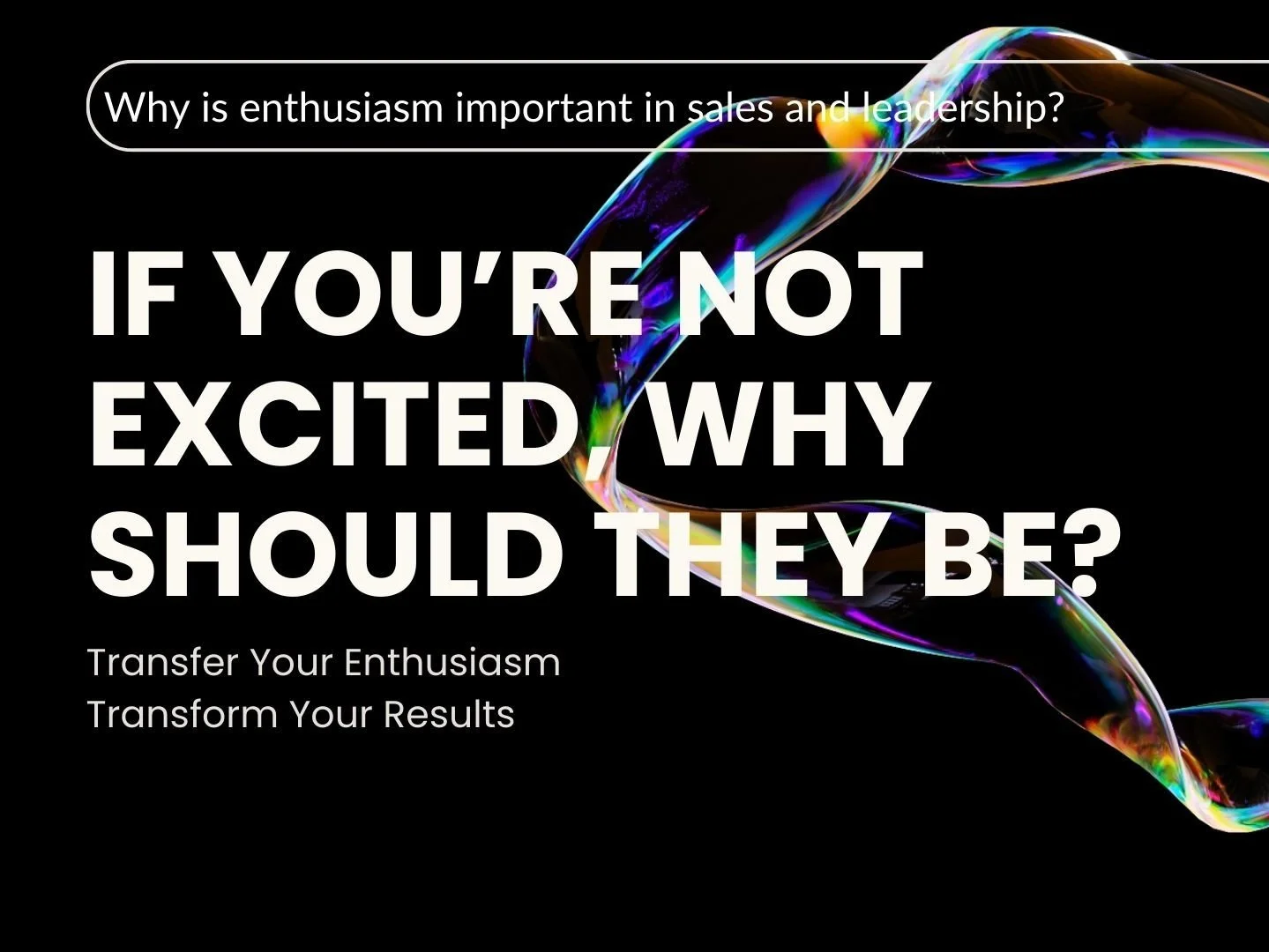“Enthusiasm is the secret ingredient behind every successful sale, service, and leadership moment. Whether you’re selling a luxury suite, rolling out a new initiative, or inspiring your team, your energy is what truly drives engagement. This insight explores the power of transferring enthusiasm—why it matters, how to harness it authentically, and what happens when it’s missing. If you want to elevate guest experiences, motivate your team, and create real impact, start by asking yourself: If you’re not excited, why should they be?”
Read MoreReady to transform your guest experience? Embrace the art of doing less and redefine luxury at your hotel. Discover actionable ideas that elevate both relaxation and innovation.
Read MoreBuild the Team You Need, Not the Team You Have
Discover how to transform your team into a powerful force for long-term success in the hospitality industry. Learn the key strategies for aligning your team with your business vision, fostering a culture of growth, and hiring with future needs in mind. Don’t just manage what you have—build a team that’s ready for tomorrow. Read the full article to learn how to make strategic hires that drive growth and innovation!
Read MoreIn this article, we dive deep into a simple yet powerful framework to help managers assess and support their teams: the Skill/Will Matrix. Learn how to identify where your employees fall and what steps you can take to drive growth, improve motivation, and create a high-performing culture. Whether you’re managing top talent or navigating underperformance, this tool will guide your next move.
Read MoreIn a world where innovation is the lifeblood of success, unlocking the potential of intrapreneurs within your organization is a game-changer. By recognizing their unique traits and fostering a supportive environment, you can transform your workplace into a breeding ground for creativity and innovation.
Embrace the curious, the problem-solvers, and the risk-takers on your team, and watch as they turn ideas into impactful solutions that drive your business forward.
Criticism often masks an underlying wish or unmet need. By recognizing this, leaders can reframe their feedback to express desires for positive change rather than simply pointing out faults. This shift in perspective transforms potentially negative interactions into opportunities for growth, creating a more empathetic and supportive work environment.
By adopting the “wish” perspective, leaders encourage open communication and collaboration within their teams. Instead of criticism that discourages or demotivates, the focus becomes constructive feedback that inspires and drives continuous improvement, ultimately strengthening both individual and team performance.
Read More3 ways we would want you to look at your annual exercise to make it even more rewarding.
Read MoreThis ability to transact with strangers as if they were friends is made possible by an intrinsic, instinctive human capacity for trust. Oxytocin is the chemical that evolution uses to make mammals feel good about each other.
‘Oxytocin is a physiologic signature of empathy,’ says the neuro-economist Paul Zak & here are some ideas on using this to build trust as a leader.
Read MoreFrequency Illusion: Once you notice a phenomenon, you believe it happens a whole lot. Some Ideas On How To Proactively Use This Phenomenon.
Read MoreThe zone of proximal development (ZPD) is the distance between what a learner is capable of doing unsupported, and what they can do supported. It is the range where they are capable only with support from someone with more knowledge or expertise ("more knowledgeable other")
Read More




